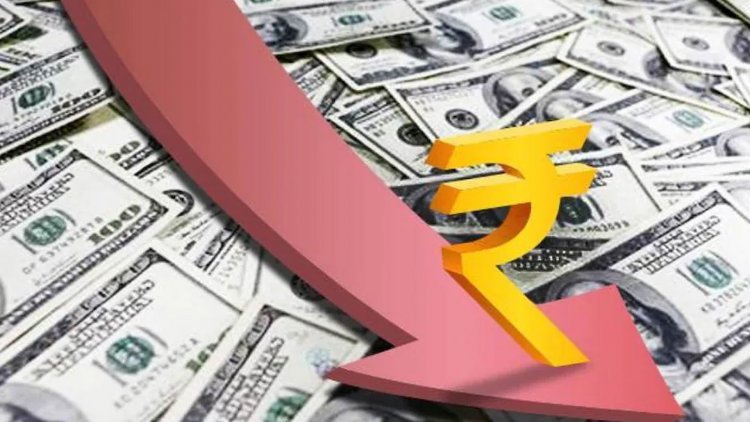The Indian rupee will be the worst-performing Asian currency by 2022
The rupee was also harmed by an increase in oil prices caused by the Russia-Ukraine war, which pushed India's current account deficit to a record high in absolute terms in the September quarter.

The Indian rupee ended 2022 as the worst-performing Asian currency, falling 11.3% year on year, the most since 2013, as the dollar soared in response to the US Federal Reserve's tough monetary policy stance to manage inflation.
The rupee completed the year at 82.72 per dollar, down from 74.33 at the end of 2021, while the dollar index was on track for its highest yearly rise since 2015.
The rupee was also harmed by an increase in oil prices caused by the Russia-Ukraine war, which pushed India's current account deficit to a record high in absolute terms in the September quarter.
Market participants predict the rupee would trade with an appreciation bias in 2023, aided by lower commodity prices and the expectation that foreign investors will continue to buy Indian shares.
"The Fed may hold rates higher for longer than expected, and if the slowdown in developed nations evolves into a prolonged recession, India's exports may suffer significantly," said Raj Deepak Singh, head of derivatives research at ICICI Securities.
Most traders and analysts predict the currency to trade in a narrow range of 81.50-83.50 in the first quarter.
According to economists, equity inflows would be a significant statistic to watch for the rupee for foreign investors as well.
However, with various uncertainties coming into 2023, such as restrictive monetary policy circumstances, a possible recession in some nations, and a protracted geopolitical conflict, they noted that predicting the direction of share markets had become difficult.
"There will be a period of weakness in global equities... If Indian equities fall, I'll be less enthusiastic about the rupee "said Christopher Wong, OCBC Bank's FX strategist.
Even if the rupee strengthens, it may still underperform Asian rivals and is not a top selection in the emerging market complex, according to Wong, who expects the South Korean won and Thai baht to gain the most next year.




 admin
admin 




















